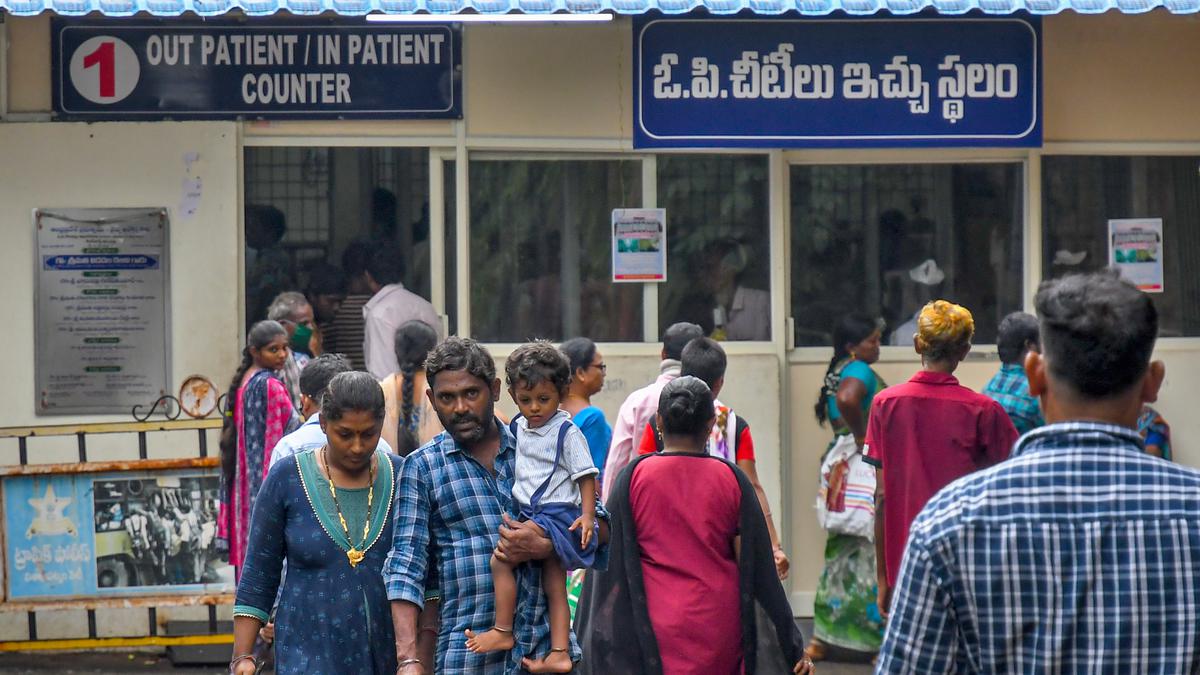
Refrigerators to be checked in households of high risk areas in Visakhapatnam to prevent dengue fever
The Hindu
GVMC and malaria wing to check refrigerators in high-risk areas of Visakhapatnam to combat rising dengue cases.
The Greater Visakhapatnam Municipal Corporation (GVMC) and the malaria wing of Visakhapatnam District Medical and Health Department will be checking the refrigerators of every household in high risk areas of the seasonal fevers in the city as part of an action plan against rising dengue cases.
Although it is a regular assignment, the officials have decided to actively take up this programme with the participation of the people and public health staff, District Malaria Officer M. Tulasi said on Monday
Health secretaries and their support staff of every secretariat will take up the activity as part of the Friday-Dry Day programme. Areas under around 40 out of 535 Ward Secretariats have been identified as high risk areas falling under zone 2, 3 and 4 in GVMC where the health staff will ensure that every source of dengue mosquitoes is cleaned up. A refrigerator is one of the main sources of dengue mosquito breeding, followed by money plants. As the refrigerator is now a common utility in every home, officials will focus on the home appliance. The drip on the backside of the fridge usually contains the condensed water, which is a breeding ground of the Aedes mosquitoes that spread the dengue fever.
“Nearly 390 dengue cases have been reported in Visakhapatnam city since January till now. We have 55 malaria cases so far, 50% of which are residents of other neighbouring districts. Some people from other districts come to the city for treatment and stay here till their fever is cured. In such cases, the patient’s name will be recorded locally, ” Ms. Tulasi told The Hindu.
She said that a two-day training programme was also organised for the health secretaries as well as the health personnel on topics like management of dengue and malaria cases, preventive measures, roles and responsibilities, community awareness and mobilisation, as part of the action plan against the seasonal fevers in the city.
“We have been registering dengue cases, but 99% of them are not serious. The patients are getting cured with the basic treatment without needing hospitalisation,” Ms. Tulasi said.
A King George Hospital doctor said there were no cases of severe dengue and there was no need for platelets.

NIMS nursing officers locked within hospital premises during rally, union flags long-pending demands
NIMS nursing officers protest for long-pending demands, briefly locked inside hospital premises during a rally in Hyderabad.












